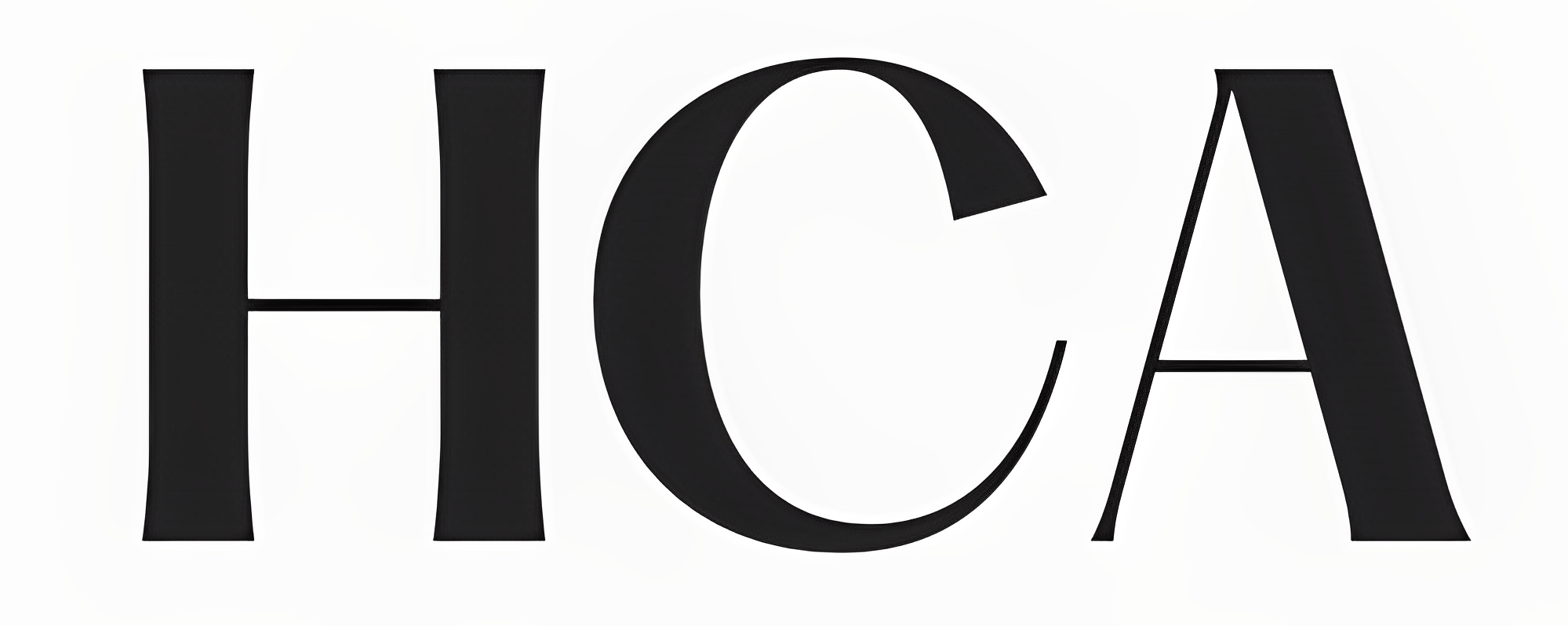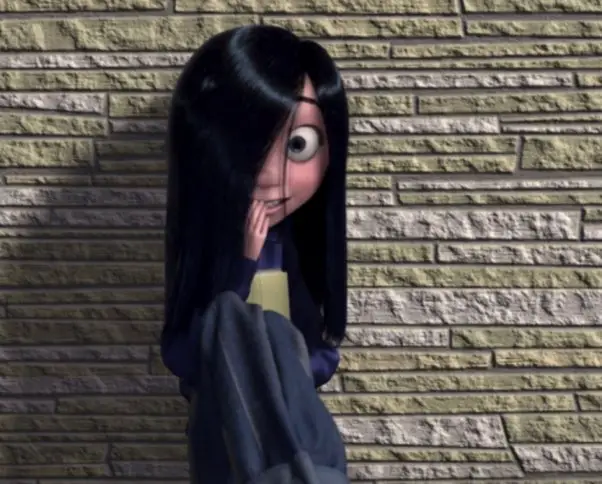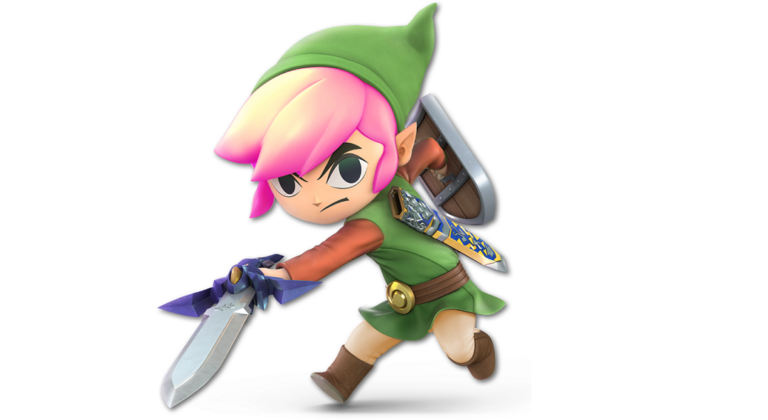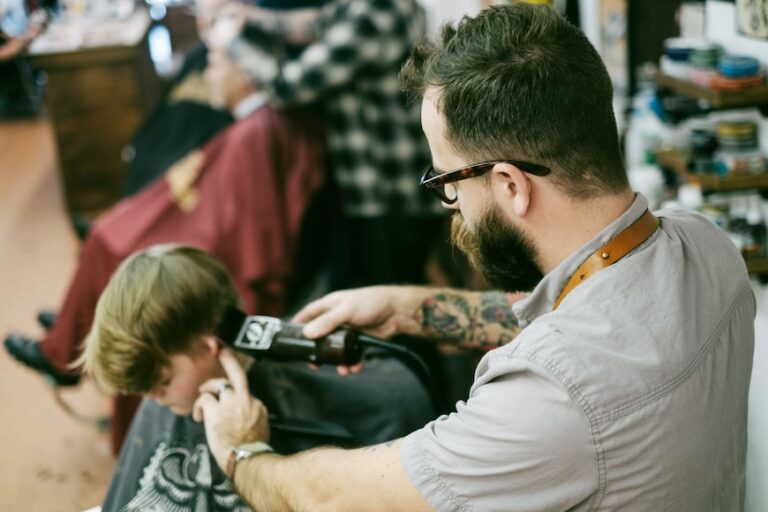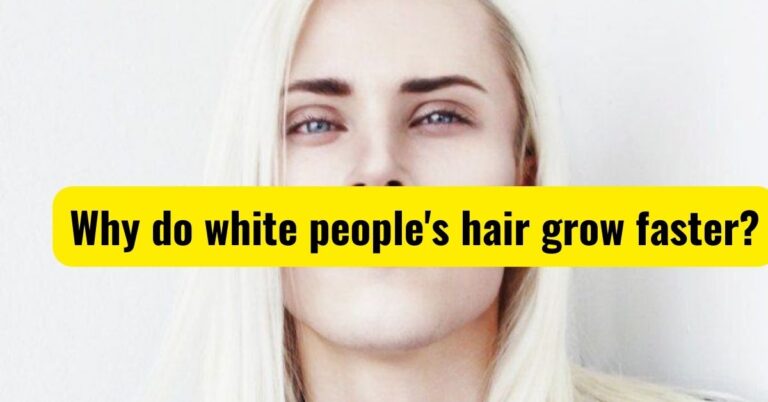Is It Illegal To Dye Child’s Hair? (Answered!)
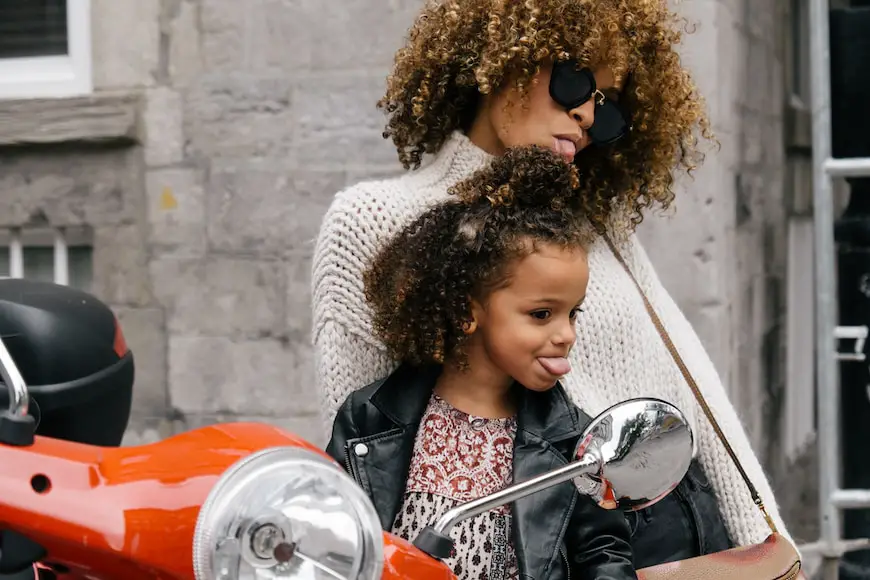
The practice of dying children’s hair has recently sparked a heated debate among parents, experts, and society as a whole.
High-profile cases involving celebrities and social media influencers have fueled the debate, and it raises serious concerns about the legality, safety, and ethics of allowing children to experiment with hair dye.
Many parents enjoy experimenting with their children’s looks, whether it’s dressing them up in cute outfits, giving them funky haircuts, or even coloring their hair.
Is it, however, illegal to dye your child’s hair? You might be surprised by the answer.
Is It Illegal To Dye Child’s Hair?
At the most basic level, there are no laws that explicitly prohibit dyeing the hair of another person.
However, this may still be affected by where the dyeing takes place and who does it. In general, if you are simply dying a family member’s hair at home, there is no problem – as long as you stay safe throughout the process.
When things become complicated, however, it is when you bring them somewhere other than your home to receive a professional service, such as a salon or barbershop.
Then state laws become far more important and significant in determining whether a minor (someone under the age of 16) has proper parental or guardian authorization before they can be seen by anyone for any type of cosmetic procedure (such as dyed hair).
While dyeing a child’s hair is unlikely to be considered abusive in itself, concerns could arise if the child’s safety or health is compromised during the process.
For instance, using harmful or toxic chemicals on a child’s hair might be considered child endangerment, and it could lead to legal consequences.
The legality of dyeing a child’s hair is a complex issue, as it largely depends on local regulations and the specific circumstances of the situation. In most jurisdictions, there are no explicit laws that prohibit parents from dyeing their child’s hair.
Read Also: Is it illegal to pull children hair?
What is the Legal Age to Dye Hair?
In many places, there is no legal age to dye one’s hair.
However, hair dye manufacturers and professionals frequently advise that their products are intended for people aged 16 and older due to the potential harm that the chemicals in hair dyes can cause to developing bodies, as well as the increased likelihood of severe allergic reactions in younger people.
The Natural Hair Federation’s code of practice in the United Kingdom states that hairdressers should not use hair color products on anyone under the age of 16. The European Commission insists on including this warning on all hair dye packaging.
Is it Safe to Dye Child Hair?
Dyeing children’s hair is generally considered safe as long as precautions are taken to avoid direct contact with the sensitive scalp.
However, it’s crucial to research safe hair coloring products and consult with professionals if you decide to take this route.
You should know that many hair dyes contain chemicals such as para-phenylenediamine (PPD), ammonia, and hydrogen peroxide, which can cause skin reactions, exacerbate asthma, and, in rare cases, cause systemic illness.
Darker dye shades are more likely to cause an allergic reaction because they contain higher concentrations of PPD.
If you decide to dye your child’s hair, avoid applying the dye to the root of the hair to avoid getting dye on the scalp. Apply an ointment to the skin around the hairline to ensure that the dye does not come into contact with the skin in those areas.
Also, consider using vegetable-based hair dyes, semi-permanent colors, or hair chalk and extensions. Even wash-out dyes, however, may contain PPD and cause allergic reactions.
Conclusion
The answer to whether it is illegal to dye a child’s hair is complicated and depends on the circumstances and local laws.
While there are no universal laws prohibiting it, when making such decisions, parents should always prioritize their child’s safety, well-being, and individual preferences.
It’s critical to do your homework on safe hair coloring products, consult with professionals, and keep an open line of communication with your child about their desires and motivations.
